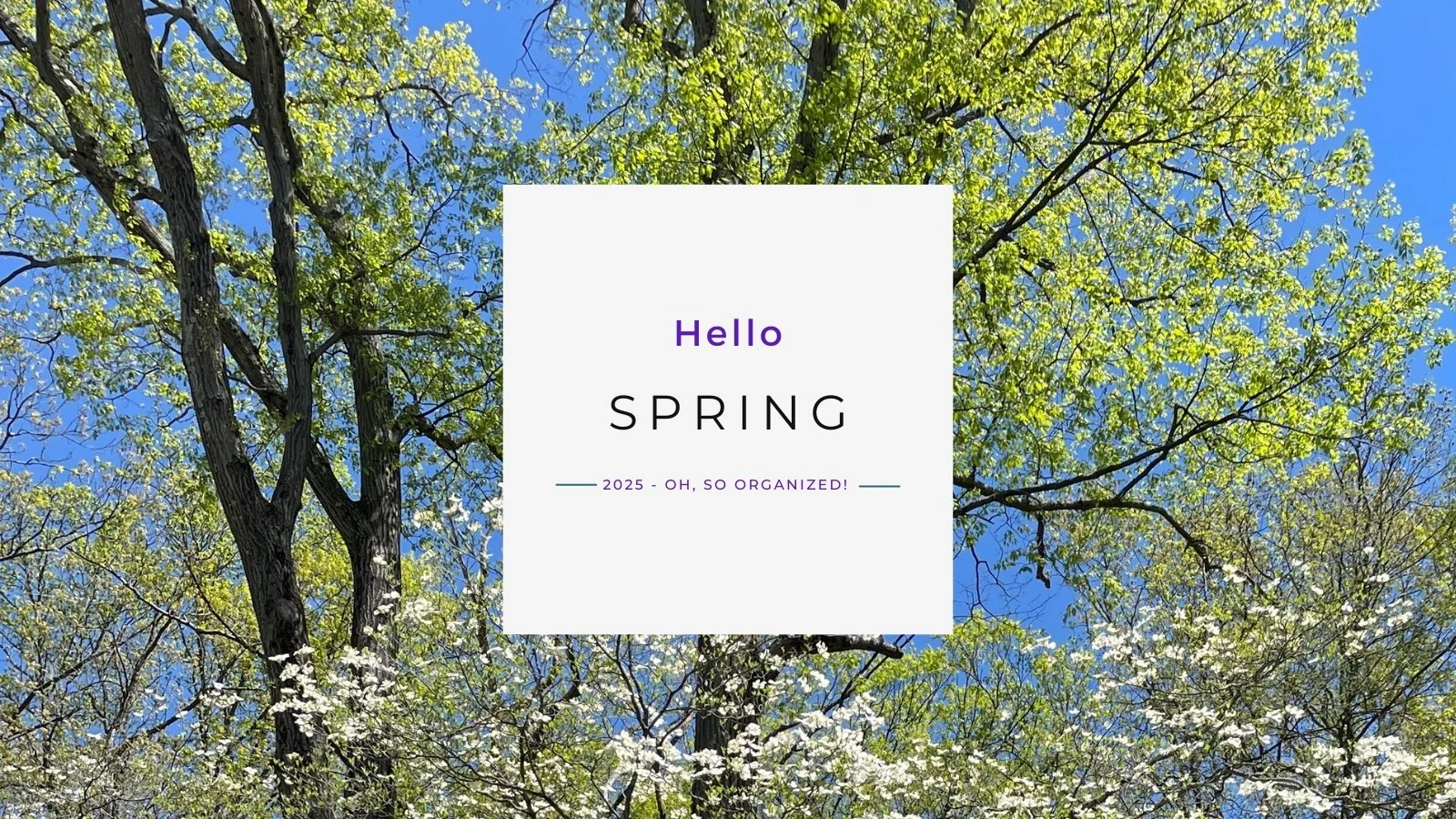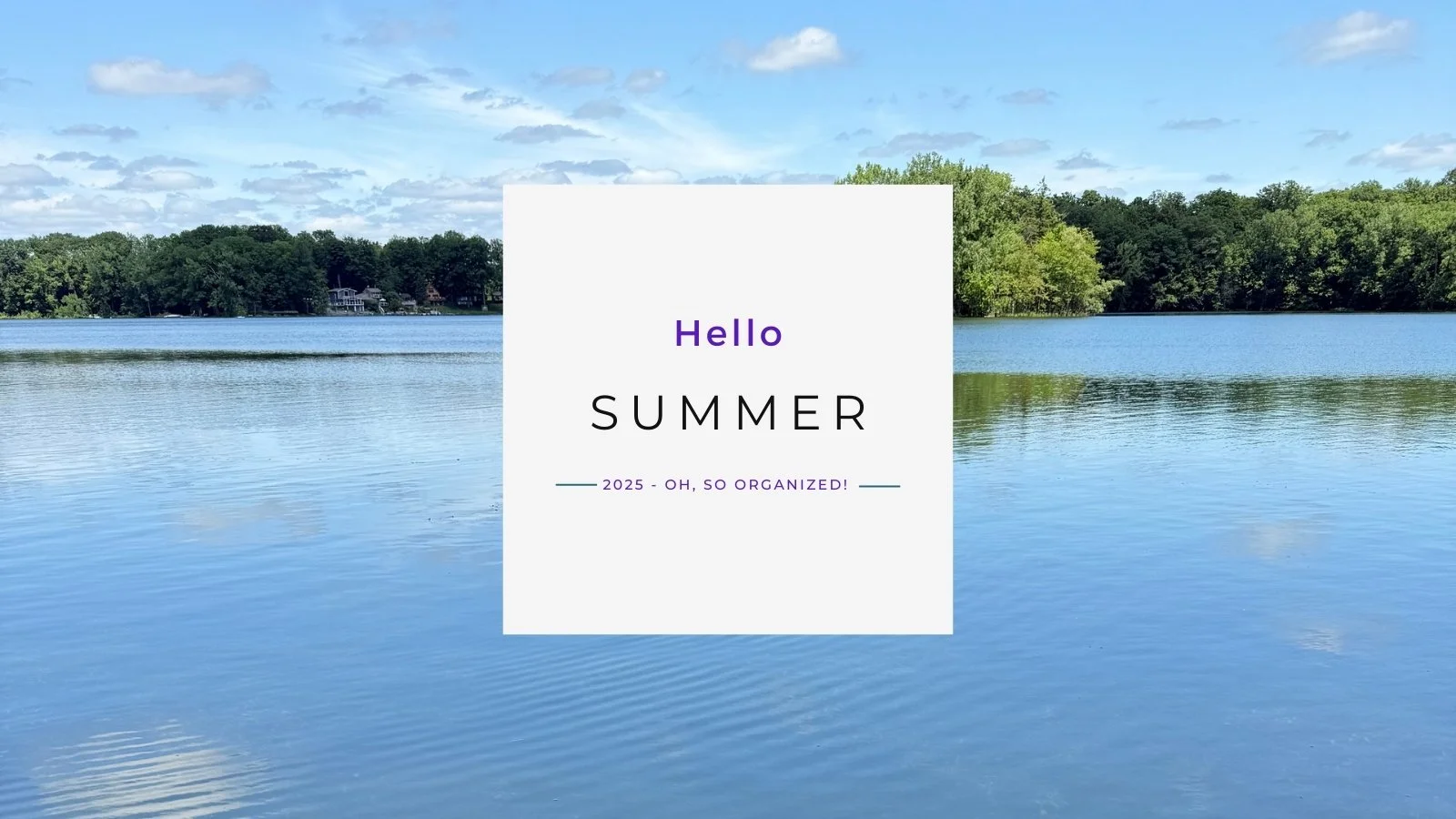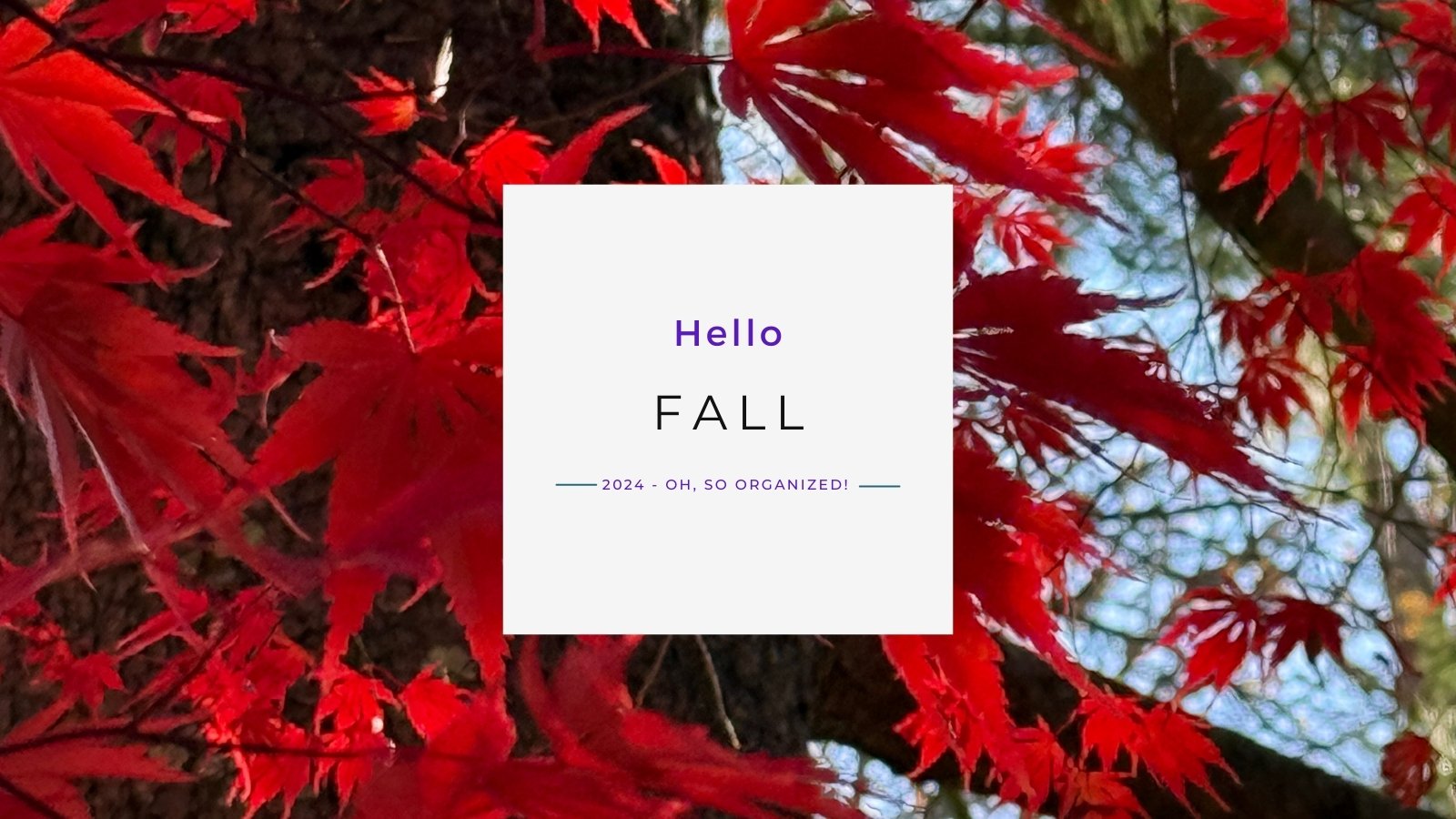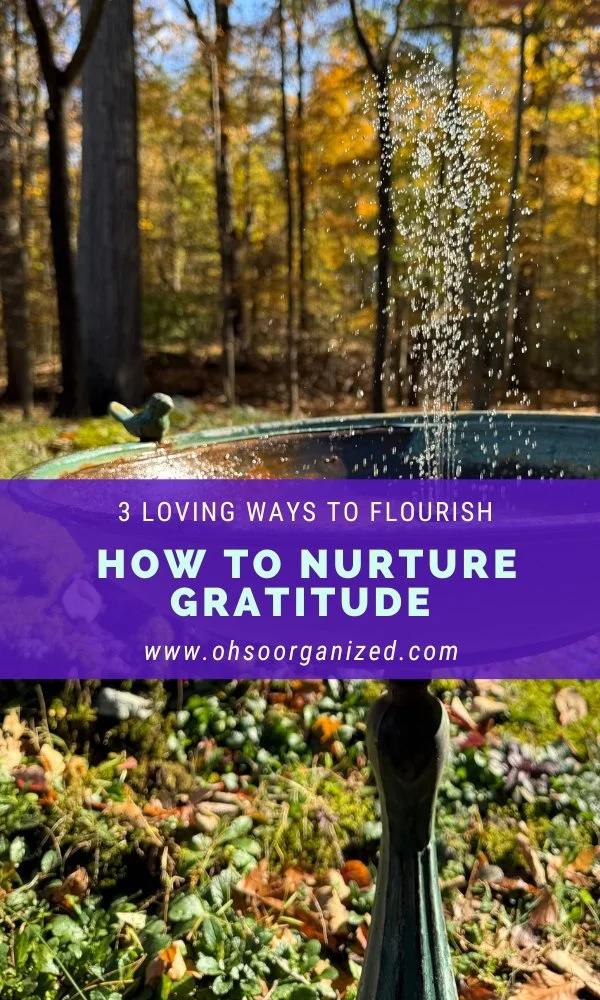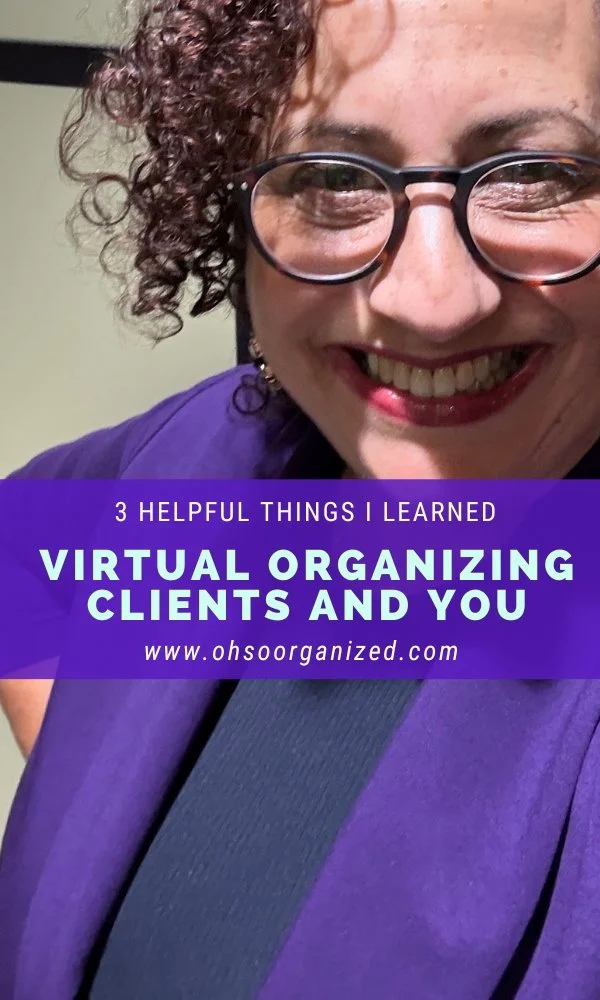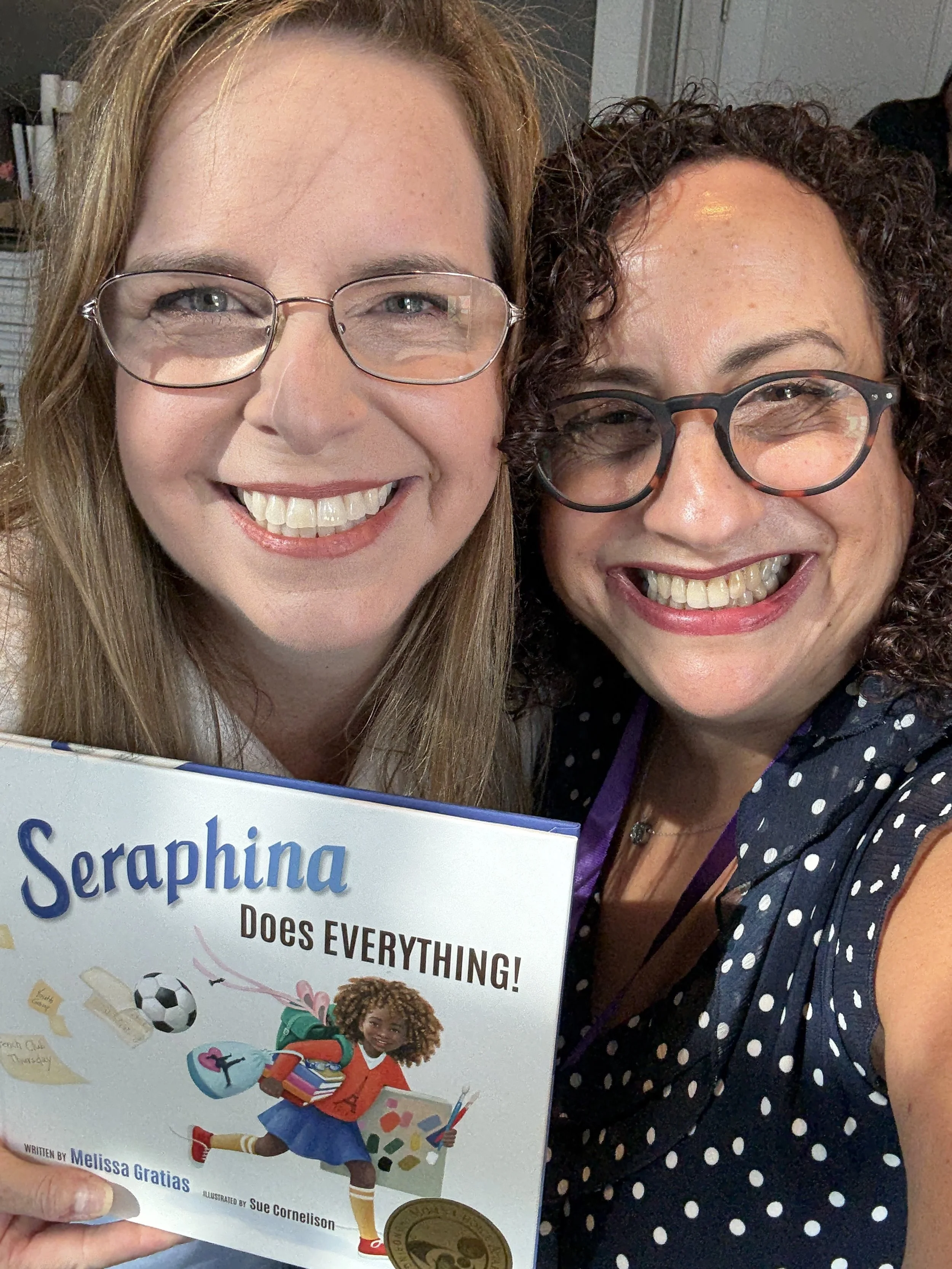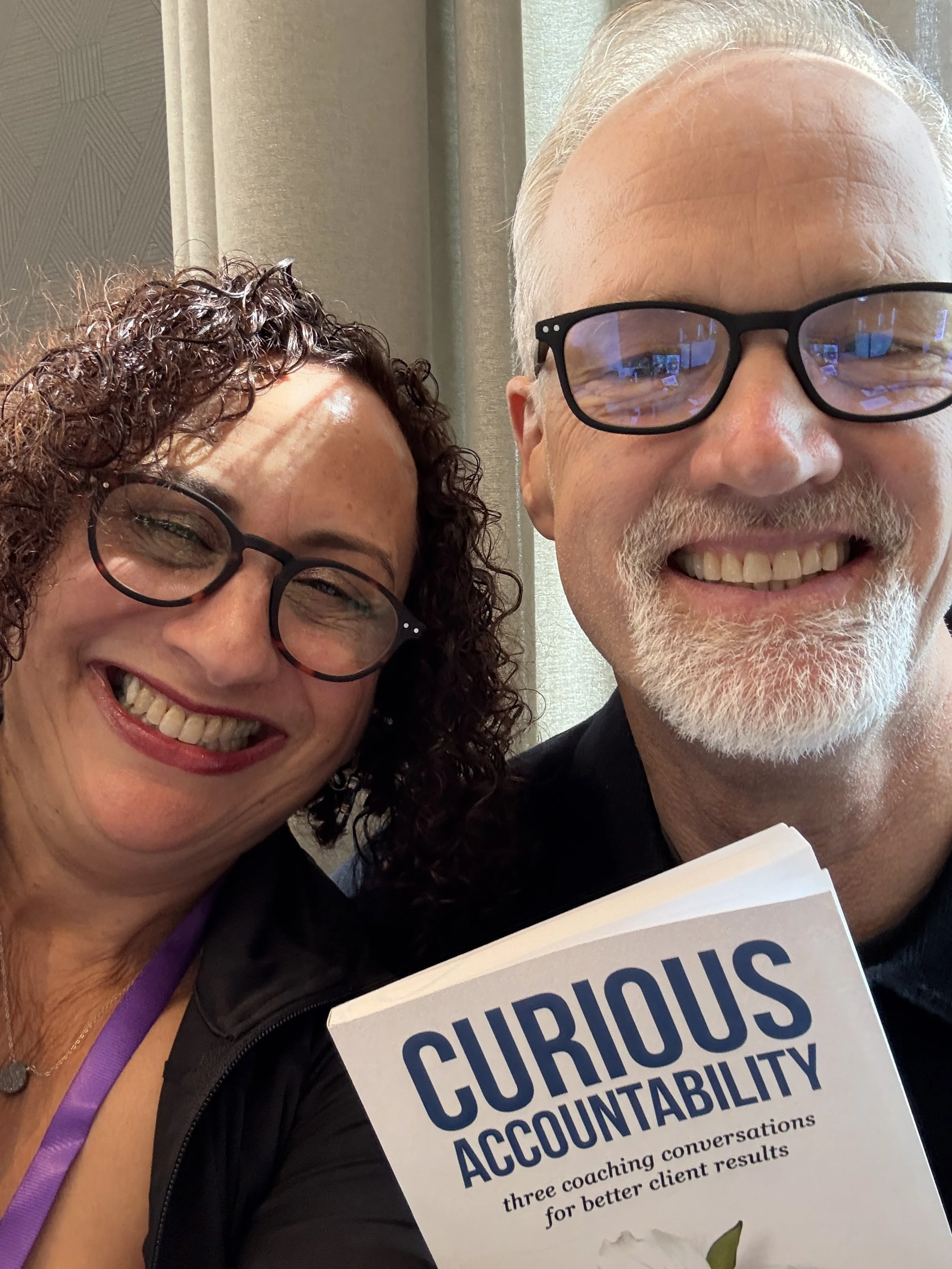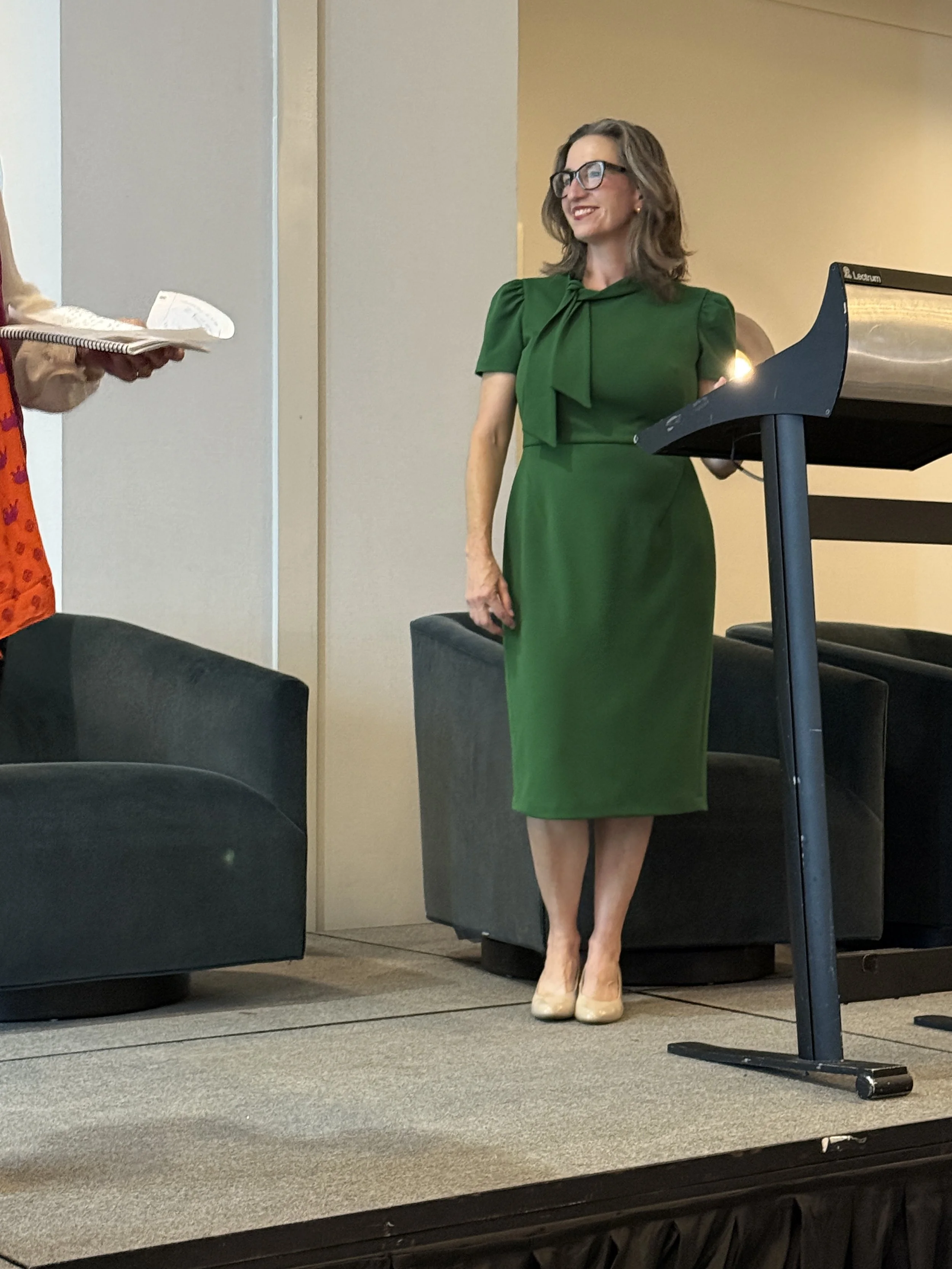This is a wonderful time to reflect on the past twelve months before the new year begins. In 2025, we had emotional, enriching, and deep conversations on the blog.
We walked together, shared tumultuous times, made exciting discoveries, and navigated life balance. In our free-flowing exchanges, insights, new perspectives, and hope emerged.
Meaningful Conversations
Our conversations about life balance, change, clutter, letting go, time management, motivation, organizing, hope, and more brought comfort, connection, learning, and joy.
Thank you for being part of this community. You inspire me to show up, write, think, and engage.
Deepest Gratitude
I am profoundly grateful for your thoughtful words and generous sharing. Based on your comments this year, I curated twelve of my favorite insights from you. Thank you, Diane Quintana, Ellen Delap, Hazel Thornton, Janet Barclay, Jill Katz, Jonda Beattie, Julie Bestry, Kim Tremblay, Melissa Gratias, Sabrina Quairoli, Seana Turner, and Yota Schneider.
You are consistent voices and participants who bring our conversations to life. I am grateful to you and to everyone who reads the blog, contributes to our discussions, or shares the posts. You infuse this community with hope, humor, curiosity, perspective, and learning.
Enjoy the year in review, one quote at a time!
12 Inspiring Quotes from Our Conversations This Year That Will Make You Feel Hopeful
1. Fresh Start | 3 Ways to Take a Slow Exhale & Refocus Energy for a New Fresh Start
“Giving yourself permission to downshift, reset, and refresh is the best way to pave the way for the next project.”
“Change can be hard. Focusing on one small thing at a time can help.”
“I was just in the middle of talking myself out of doing something because of uncertainty. Okay, time for a deep breath and some rational thinking.”
“People are more likely to let go of items if they know they are going to a good place.”
“Focusing only on the next step keeps me from becoming overwhelmed by decluttering and other large projects.”
6. Time Management | How a Helpful Productivity Reframe Makes More Time for Fun
“As for productivity, no, it isn’t a dirty word, but neither is setting it aside for a while. I get a lot of satisfaction from completing my to-do list and from giving myself to the activities that soothe my spirit.”
“Waiting to feel motivated never works for me. It’s more like I start, and then the motivation catches up.”
8. Enlisting Help | Here Are 5 Most Interesting and Best Finding Help Discoveries – v51
“I have my people to call for different types of help – the ones who just let me vent, the ones who want to help me brainstorm and plan, and the ones who are on my doorstep almost immediately. ”
9. Virtual Organizing | 5 Focused Ways a Virtual Professional Organizer Can Help During a Move
“Virtual organizers can pull out the essential steps and manage them, helping the client feel more in control of their time during this stressful moment.”
10. Possibilities | What Becomes Immediately Achievable When You Get Out of Your Own Way?
“I love reframing! One of my favorites is this: Instead of thinking ‘I’m anxious,’ or nervous to do something, think ‘I’m excited!’ to do it.”
11. Wonderfully Human | 5 Life Lessons I Learned About Patience and Promising Progress
“Tolerating discomfort, in particular, means that waiting is so much easier when you can focus on the fact that any uncomfortable situation is temporary. ”
12. Life Balance | How to Nurture Joy, Reduce Anxiety, and Bring Balance to the Holidays
“I love the idea of embracing fun! It’s easy to get bogged down by the minutiae and to forget to look outside our to-do list and notice things around us.”
Past Reflections and Future Possibilities
What was most significant to you this year? Which quote resonates most? What do you want to focus on in the New Year? I’d love to hear your thoughts. I invite you to join the conversation.
How Can I Help?
Let’s make 2026 a fabulous year! Do you want support in creating a better balance, letting go of what no longer serves you, or getting more organized? I’m ready to help. Virtual organizing is an extraordinary path forward - Local feel with a global reach.
Let’s connect! I’m easy to reach.
Schedule a Discovery Call
Fill out the contact form
Email me at linda@ohsoorganized.com or
Call 914-271-5673
Getting organized is possible, especially with support.
I wish you a happy, healthy, organized, and joy-filled New Year!








